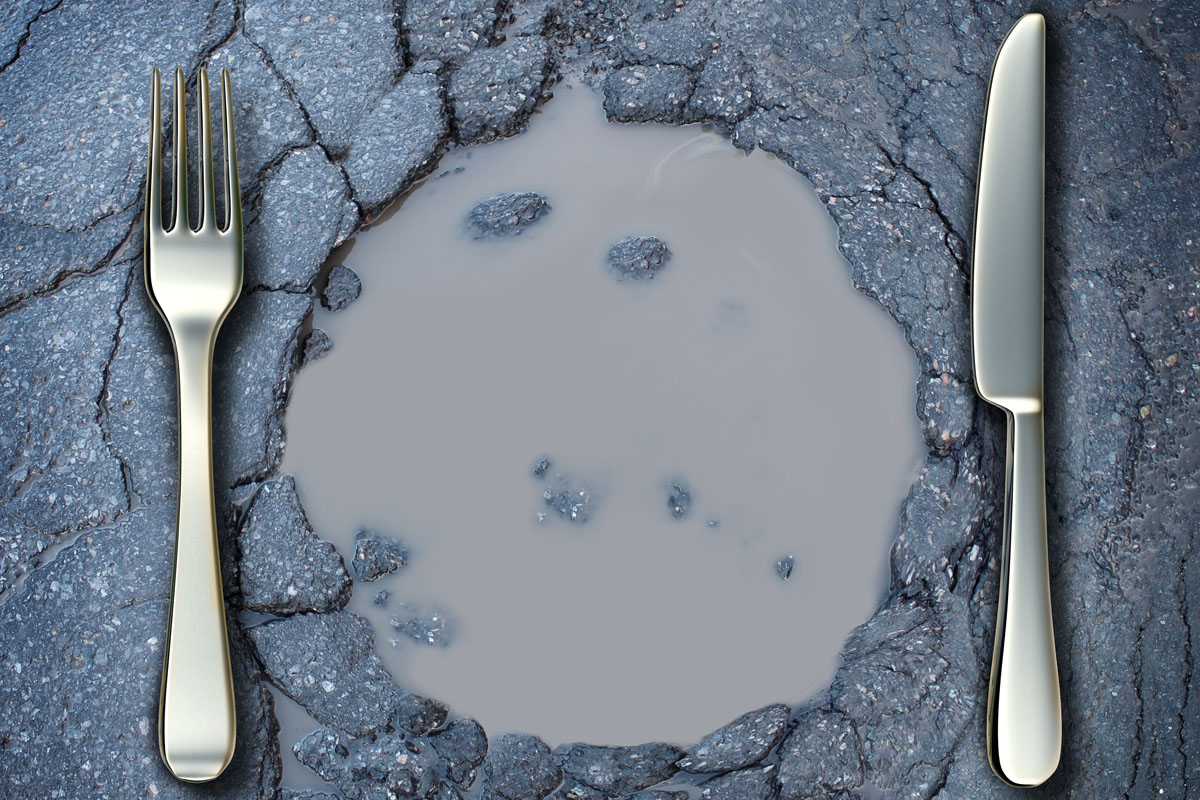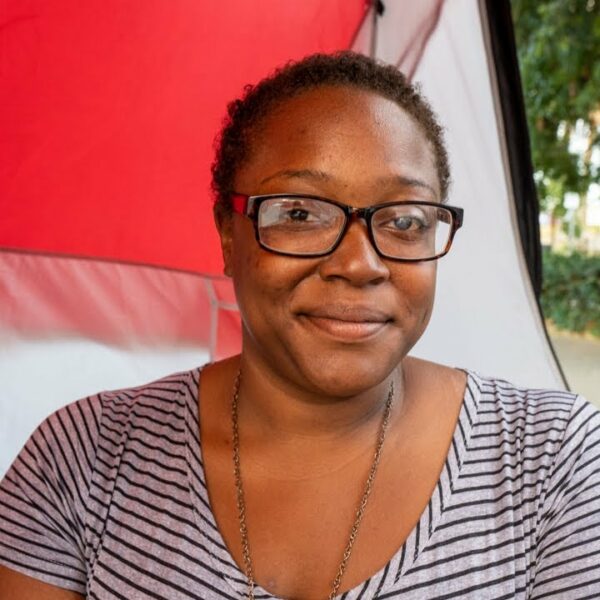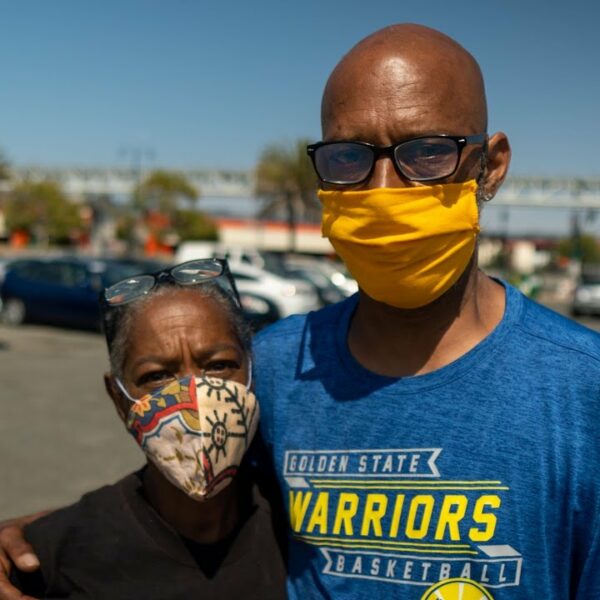While homeless people are more likely to be exposed to COVID-19, and therefore at greater risk, it isn’t the only threat they face. Access to food and water is scarce in this uncertain and scary time.
Individuals experiencing homeless typically rely on the generosity of food banks to provide daily meals. As worried community members flood to the supermarket to stock up on non-perishable food, donations to food banks have dramatically decreased. Furthermore, because of the stay-at-home orders, the amount of staff and volunteers at organizations that provide food and water have also decreased. The result is less people receiving food that they need to survive.
Unfortunately, these folks don’t have an alternative. The majority of restaurants and other places that supply food are closed due to public health concerns. Grocery stores are likely sold out of water bottles and other in-demand items. As this concern grows, more essential services are being shut down. Reports indicate all public restrooms in Los Angeles are now closed. This will inevitably lead to another crisis where just as many, if not more, people die from lack of food, water and other life essentials than COVID-19 itself.
Bradenton, Florida is a place that has seen a number of organizations severely impacted as a result of COVID-19. Since Florida declared a state of emergency, the organization has seen a 75% decrease of volunteers.
At Daily Bread of Bradenton, there are currently only five in-person volunteers to feed close to 200 people. In addition to volunteers, the staff members available to serve this population is also decreasing. Due to restrictions on gatherings of people, general staff at All Faiths Food Bank has temporarily decreased from 6,000 to 50.
Cities like Dallas, Texas can be hotbeds for COVID-19.
According to Pastor David Timothy of SoupMobile Church in South Dallas, “Since 2003, we’ve been feeding the homeless and the hungry and never in the past 17 years have we ever had a crisis like we’re facing today.”
OurCalling, a downtown Dallas food bank, has estimated a 80% loss in food donations. They are right in the middle of this predicament. The organization has had to cut staff and volunteers, and move all food services to a confined parking lot outside of the center.
Executive Director Wayne Walker said: “We’re trying to figure out how to pay for food. Now we have more people showing up to eat every single day. It’s really having us retool how quickly we can find resources to meet these needs. The demand is growing. We have hundreds and hundreds of people that come to us. We’re the only place in the area where people can come and take care of basic needs. Most of the services that we provide throughout the year we put on the shelf and are really just trying to focus on life-sustaining services at this point.”
Due to the economic implications of COVID-19, more people will enter homelessness each and every day. Organizations such as OurCalling are already beginning to see 20-30 new people experiencing homelessness in their neighborhoods daily.
Tragically, people are being found dead on the streets due to starvation and/or dehydration. While our country remains on lockdown to prevent the spread of the virus, the number of people starving on the streets will continue to grow unless something is done.
In Bradenton, Dallas, and other communities, services providers clearly can’t feed and provide water to their neighbors on the streets. That’s why there must be a coordinated effort at all levels to address this humanitarian crisis before it’s too late.
At the federal level, there needs to be a coordinated effort to provide unhoused individuals with food and water.
At the local level, allies and community groups must advocate for local relief at neighborhood and city council meetings. We must provide direct, on the ground assistance to ensure food and water are accessible to all unhoused community members.













